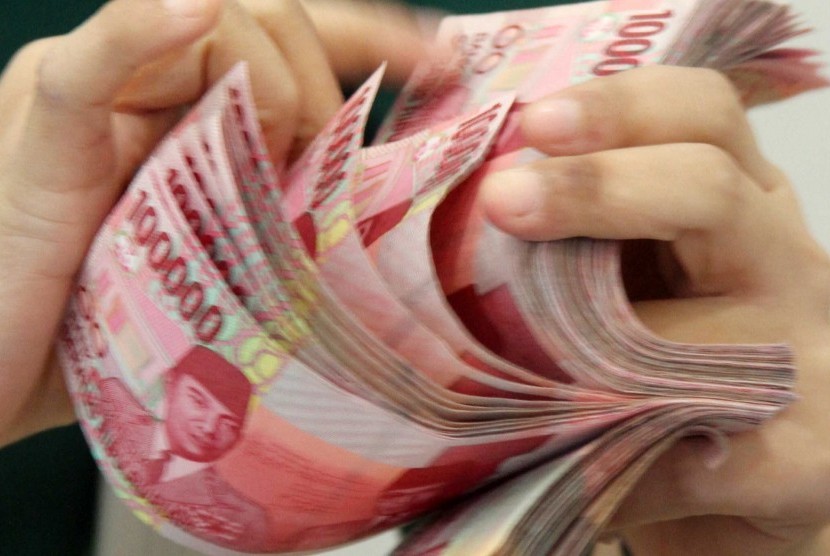REPUBLIKA.CO.ID, JAKARTA - Banks in ASEAN are mostly small by global standards and don't have the scale and footprint to compete effectively with global behemoths. He said that the fragmented banking systems in some countries, such as Philippines, Indonesia, and Vietnam, have a large number of small financial institutions with weaker financial profiles than their global peers. These systems would find it difficult to compete if the larger banks join the fray.
"In our view, ASEAN's financial system still has a way to go to meet its goal of integration by 2020. The uneven pace of financial liberalization in different countries, along with significant divergence in regulatory frameworks, could complicate cross-border mergers," Lee said. Standard & Poor's believes national regulators will proceed with gradual financial liberalization and ensure that domestic banks are strong enough to compete before they allow for full liberalization.
Stumbling blocks to liberalization and integration remain. Acquisition costs have been a significant obstacle in many deals. Characteristics that are specific to certain countries, such as strong family ownership of the banking sector in the Philippines and strong labor unions in Malaysia, also make industry consolidation more difficult.
Standard & Poor's view of the financial performance and credit profile of banks in ASEAN, excluding Malaysia, remain stable. S&P expects banks to grow their loan books prudently in the next few quarters, considering the higher capital requirement under Basel III and generally improving discipline in loan underwriting. "We believe asset quality will remain a major risk factor in ASEAN banks' credit profiles. Tighter monetary policy in the U.S. and a subsequent increase of interest rates could trigger similar hikes in ASEAN markets. Households and companies with heavier debt-servicing burdens will be more vulnerable to such shocks," Lee said.


